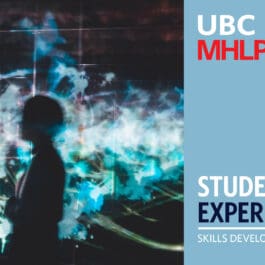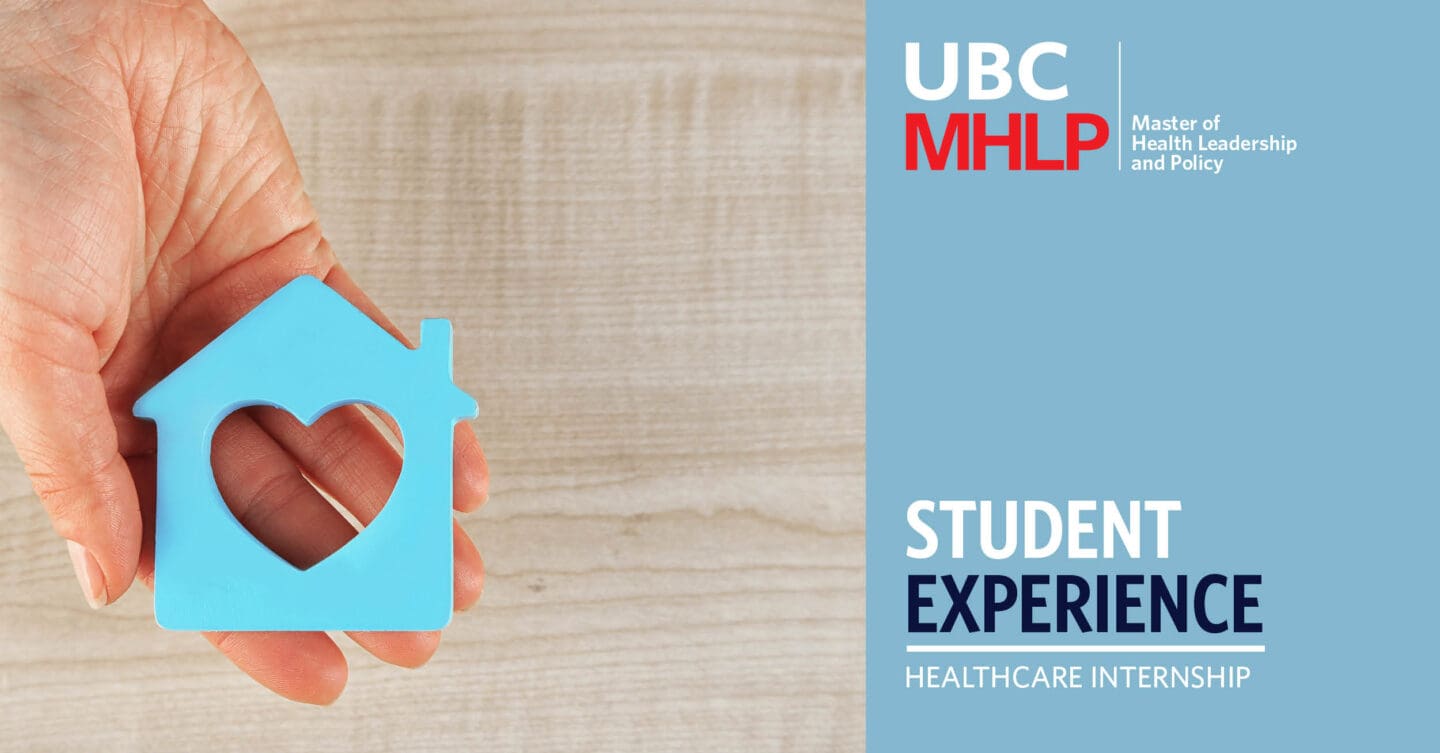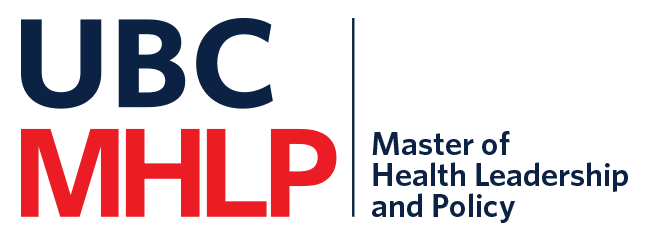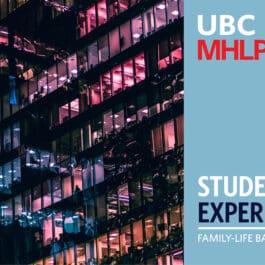
Student Experience – Samantha Jory

As part of her Master of Health Leadership and Policy (MHLP) in Clinical Education, Samantha Jory is completing an internship to improve quality of life for residents in long-term care homes in Yukon. In July 2020, she talked with us about her internship, as well as her experience of the MHLP halfway through the program.
What’s the focus of your internship?
I am currently a summer intern at the BC Patient Safety & Quality Council, where I am partnering with the Government of Yukon to research, build and implement a new least-restraint framework to improve resident care and quality of life in long-term care homes. A least-restraint approach and reducing restraint use, both chemical and physical, means exploring all other possible solutions before initiating a restraint. I am hoping to understand the various reasons behind restraint use, and collect data on what strategies work and do not work to reduce use.
What kind of work are you doing to support the project?
I began by doing an extensive literature review on least-restraint frameworks and guidelines. I’ve also used data from the Canadian Institute for Health Information and reviewed benchmark data on restraint use in long-term care homes from other jurisdictions.
The data is just one side of the story. I am also engaging with stakeholders to understand their perceptions of restraint use and their perceived barriers to lowering their use. It’s been inspiring to interview managers of nursing homes and hear their desire to provide individualized person-centred care for their residents. In the next stage of the project, I hope to connect with allied health professionals, nursing supervisors, occupational therapists, and physicians and frontline staff to facilitate an inclusive interdisciplinary approach to the restraint discussion.
Quality projects are most effective when every voice is heard and included in the change process!
Will you be developing recommendations?
There are many effective strategies to reduce restraint use or to or to help staff problem-solve during a time when applying a restraint may not be the best option. For example, off-label antipsychotics are considered chemical restraints, but are sometimes prescribed to avoid physical restraint use. There needs to be thorough documentation on how that has impacted the resident’s mood and quality of life, as well as active deprescribing and medication reviews to wean residents off medications where appropriate.
Any recommendations I propose will be based on best practices identified through my literature and data review and will reflect staff input. There has to be active involvement from everyone, rather than a top-down mandate.
How have your MHLP courses prepared you for the practicum?
The MHLP is a mix of health care leadership courses and business classes. Both have helped me in my practicum. The health care classes include a lot of theory, as well as detailed discussions of frameworks, models and strategies that illuminate how improvements can be made.
I’ve learned a lot in my business classes too. In the first semester I took two courses from UBC’s Sauder Robert H. Lee Graduate School – Organizational Leadership and Project Management – and they have strengthened my understanding of how I can be a changemaker who makes a positive impact, using communication, change management and engagement tools.
My practicum is focused on quality improvement, and I think MHLP students are well prepared to add value in this field.
We are learning how to critically analyze deficiencies within the health care system and to develop and implement equitable strategies and solutions that can improve quality for patients, staff, families and organizations.
Anything else you want to share about the MHLP?
I’m just over halfway through my degree, and I am already a different person because of it. The curriculum involves many case studies, group work, and presentations, and this learning has strengthened my confidence in my ideas and ability to add tangible value to projects and teams.
I am very excited about the opportunities within clinical education. The faculty are inspiring, and they really encourage us to pursue innovative concepts, think critically and advocate for change. My classmates also motivate me with their desire to make a difference in the lives of others – that’s pushed me to be a better student and a better nurse.
The program has been very motivating and exciting for me, and I have newfound confidence in my ability to take on roles and positions where I can use my knowledge and skills to have a positive impact.
Clinical Education
Develop the educational strategies and leadership skills to create caring, collaborative clinical environments.
Read MoreApplication Deadlines
Get ready to apply!
Admissions for the 2026 intake will open on January 1, 2025.
How to ApplyAssess your Eligibility
Determine if your professional experience and academic background make you a fit for your desired program.
Start AssessmentJoin us for an
Info Session
Sign up for our latest online information sessions and discover what our programs have to offer.
Sign Up Now

